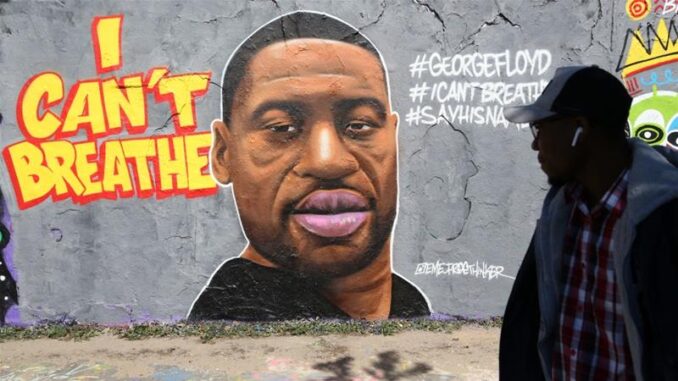
Abu Dhir has written about a difficult conversation with his daughter about anti-Black racism – an issue we also touched on last year. Now I am glad to see a more open conversation emerging.
Iman Hassan walked over one Ramadan night to grab some Mediterranean food on a table close to the women’s prayer space at Masjid Al-Israa in Fridley. “Don’t go there yet,” she heard an Arab woman tell her children. “The Somali hyenas are over there.” . . . But after the “hyena” comment, things were never the same. “That became such a big thing that no one touched the food anymore,” she said. “It was shocking that during that time, right after prayer, that someone spoke these really disgusting words.”
Sedika Gazey, who describes herself as a “dark-skinned” Yemeni who rented a basement room from a Palestinian-Jordanian Muslim family in Minneapolis, had to put up with one little boy who called her the N-word. Each time he said it, his mom laughed and said, “Oh, it’s OK. He doesn’t know.”
Kamal Hassan watched Somali congregations evaporate from their beloved Masjid Al-Tawba in Eden Prairie after an Arab mosque leader called them “cockroaches” because they didn’t follow the parking instructions he laid out for them.
Iman Hassan speaks a truth that really resonates with me (as someone who experienced skin color issues in the Pakistani community): ”The reality is you can be part of a minority group and still oppress other minorities — and we have to recognize that.”
The AP’s Mariam Fam covers “Raw Talk, Racial Reckoning among US Muslims”
As a young student, Hind Makki recalls, she would call out others at the Islamic school she attended when some casually used an Arabic word meaning “slaves” to refer to Black people.
For this not to be a fleeting moment, Walid said, the makeup of leadership at national Islamic organizations must be more representative. He and others have called for more Black Muslim speakers and not just to talk about race or only during Black History Month.
At the Islamic Society of North America, where the current elected board of 10 directors has no African Americans, executive director Basharat Saleem said the organization has been working to boost diversity but acknowledged that more must be done.
This critical self-examination on racism is long overdue. But it is just a passing fad or something lasting? I’ve seen in Pakistani society how hard it is to overcome ingrained prejudices about skin tone. Color me skeptical about lasting change.
